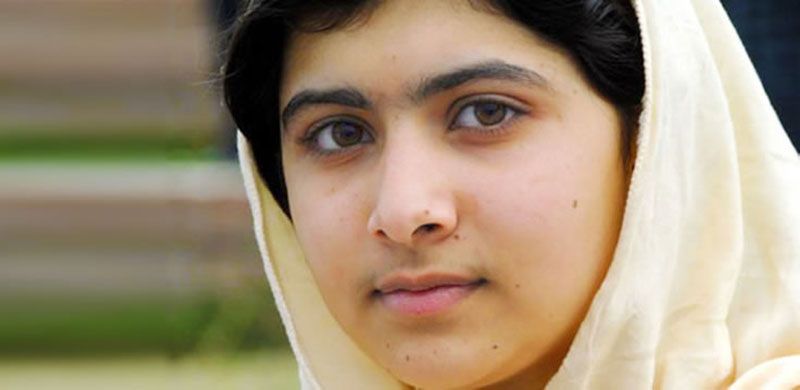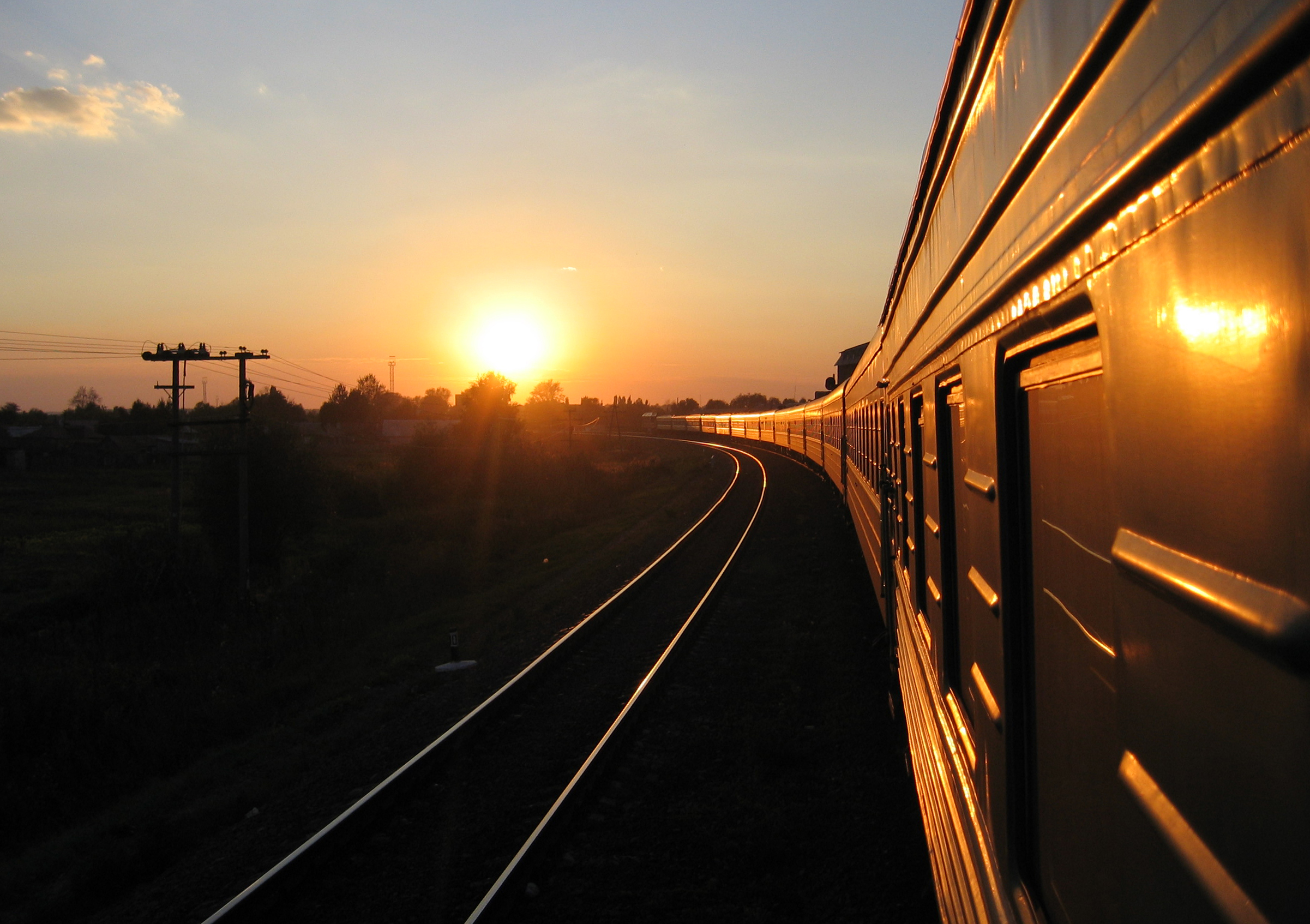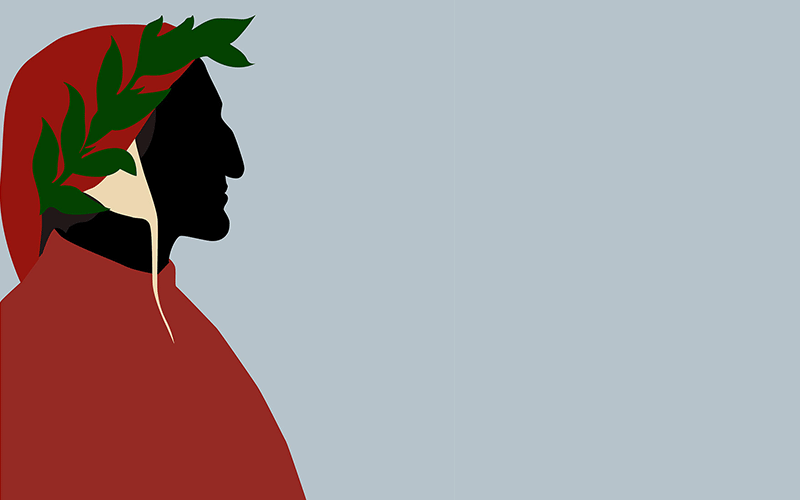
The Divine Comedy
October 1, 2013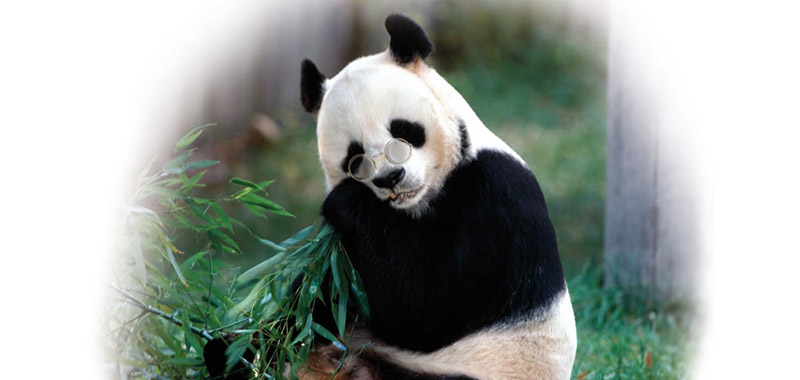
Nonno Panda TALES 12
October 1, 2013Malala Yousafzai: The Girl Who Lived.
‘Harry, Harry…. Don’t you see? Voldemort himself created his worst enemy, just as tyrants everywhere do! Have you any idea how much tyrants fear the people they oppress? All of them realise that, one day, amongst their many victims, there is sure to be one who rises against them and strikes back!…’
‘But –’
‘It is essential that you understand this!’ said Dumbledore, standing up and striding about the room, his glittering robes swooshing in his wake. Harry had never seen him so agitated.
‘By attempting to kill you, Voldemort himself singled out the remarkable person who sits here in front of me, and gave him the tools for the job!’
…[Harry] understood at last what Dumbledore had been trying to tell him. It was, he thought, the difference between being dragged into the arena to face a battle to the death and walking into the arena with your head held high. Some people, perhaps, would say that there was little to choose between the two ways, but Dumbledore knew – and so do I, thought Harry, with a rush of fierce pride, and so did my parents – that there was all the difference in the world.
– J.K. Rowling, Harry Potter and the Half-Blood Prince
It might seem strange to introduce the words of a girl who was the target of a real and nearly lethal attack on her life by quoting the words of woman who has written a famous fantastical account of an imaginary world. But JK Rowling, whose first professional job was as a researcher and administrative assistant at Amnesty International, understands tyranny. (Google her 2008 Harvard commencement speech – it is well worth a listen.) Beneath its confectionary childhood treats, the Harry Potter series is an outraged cri de coeur – against racism, sexism, classism, and the violence of oppression in whatever form. The series itself begins with an attempt to murder a child perceived to be a threat to the powerful. And in the above exchange between that child, the eponymous hero, and his mentor, Rowling cuts straight into the hearts and minds of tyrants.
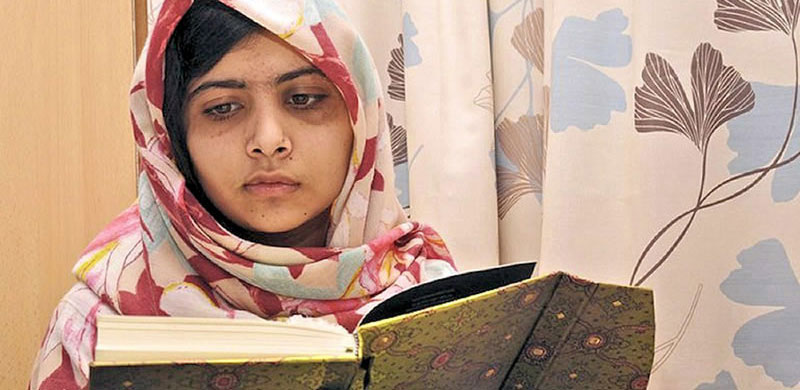
For it is ultimately fear that drove the attack on Malala Yousafzai: fear of free, educated minds; fear of losing control of people’s hearts, thoughts, bodies; fear that fear itself is beginning to lose its grip; and perhaps most of all for the Taliban, fear of women. That last is a fear I confess I do not fully understand. But in Malala’s case all the fears of tyrants came to be embodied in one delicate, yet thunderously powerful young girl who stood up and insisted on her right to the free use and development of her own mind. She rose up against the tyrants in her world and struck back – not with blows, or bullets, or violence, but with the power of truth, the rightness of justice, and the courage of her own soul. The deadly fear of that terrifying threat was enough to unleash the death-eating fury of the Taliban on October 9, 2012, when Malala and two friends were shot by an assassin while travelling home on a school bus.
Yet she survived, as did her friends. Through the ministrations of healthcare workers and government officials of many nations, and through their own tremendous will, they were brought to safety and they now live. And in an act of jaw-dropping strength and courage, on July 16, 2013, only nine months after being shot in the head at point blank range, Malala stood at the lectern in the United Nations, with the white shawl of the martyred
Benazhir Bhutto wrapped around her shoulders like an embrace, and called on world leaders to make education available and compulsory for all children, male and female, throughout the world. It was her 16th birthday – one she very nearly did not live to see.
Dante is proud to present the text of her historic speech in full.
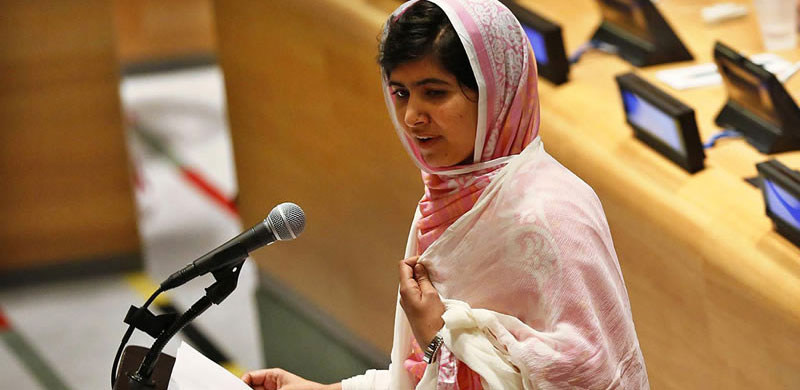
“In the name of God, the most beneficent, the most merciful.
Honourable UN Secretary General Mr. Ban Ki-moon, respected president of the General Assembly Vuk Jeremic, honorable UN envoy for global education Mr. Gordon Brown, respected elders and my dear brothers and sisters: Assalamu alaikum.
Today is it an honour for me to be speaking again after a long time. Being here with such honourable people is a great moment in my life and it is an honour for me that today I am wearing a shawl of the late Benazir Bhutto. I don’t know where to begin my speech. I don’t know what people would be expecting me to say, but first of all thank you to God for whom we all are equal and thank you to every person who has prayed for my fast recovery and new life.
I cannot believe how much love people have shown me. I have received thousands of good wish cards and gifts from all over the world. Thank you to all of them. Thank you to the children whose innocent words encouraged me. Thank you to my elders whose prayers strengthened me. I would like to thank my nurses, doctors and the staff of the hospitals in Pakistan and the UK and the UAE government who have helped me to get better and recover my strength.
I fully support UN Secretary General Ban Ki-moon in his Global Education First Initiative and the work of UN Special Envoy for Global Education Gordon Brown and the respectful president of the UN General Assembly Vuk Jeremic. I thank them for the leadership they continue to give. They continue to inspire all of us to action. Dear brothers and sisters, do remember one thing: Malala Day is not my day. Today is the day of every woman, every boy and every girl who have raised their voice for their rights.
There are hundreds of human rights activists and social workers who are not only speaking for their rights, but who are struggling to achieve their goal of peace, education and equality. Thousands of people have been killed by the terrorists and millions have been injured. I am just one of them. So here I stand. So here I stand, one girl, among many. I speak not for myself, but so those without a voice can be heard. Those who have fought for their rights. Their right to live in peace. Their right to be treated with dignity. Their right to equality of opportunity. Their right to be educated.
Dear friends, on 9 October 2012, the Taliban shot me on the left side of my forehead. They shot my friends, too. They thought that the bullets would silence us, but they failed. And out of that silence came thousands of voices. The terrorists thought they would change my aims and stop my ambitions. But nothing changed in my life except this: weakness, fear and hopelessness died. Strength, power and courage were born.
I am the same Malala. My ambitions are the same. My hopes are the same. And my dreams are the same. Dear sisters and brothers, I am not against anyone. Neither am I here to speak in terms of personal revenge against the Taliban or any other terrorist group. I am here to speak for the right of education for every child. I want education for the sons and daughters of the Taliban and all the terrorists and extremists. I do not even hate the Talib who shot me. Even if there was a gun in my hand and he was standing in front of me, I would not shoot him. This is the compassion I have learned from Mohammed, the prophet of mercy, Jesus Christ and Lord Buddha. This is the legacy of change I have inherited from Martin Luther King, Nelson Mandela and Mohammed Ali Jinnah.
This is the philosophy of nonviolence that I have learned from Gandhi, Bacha Khan and Mother Teresa. And this is the forgiveness that I have learned from my father and from my mother. This is what my soul is telling me: be peaceful and love everyone.
Dear sisters and brothers, we realise the importance of light when we see darkness. We realise the importance of our voice when we are silenced. In the same way, when we were in Swat, the north of Pakistan, we realised the importance of pens and books when we saw the guns. The wise saying, “The pen is mightier than the sword.” It is true. The extremists are afraid of books and pens. The power of education frightens them. They are afraid of women. The power of the voice of women frightens them. This is why they killed 14 innocent students in the recent attack in Quetta. And that is why they kill female teachers. That is why they are blasting schools every day because they were and they are afraid of change and equality that we will bring to our society. And I remember that there was a boy in our school who was asked by a journalist why are the Taliban against education? He answered very simply by pointing to his book, he said, “a Talib doesn’t know what is written inside this book.”
They think that God is a tiny, little conservative being who would point guns at people’s heads just for going to school. These terrorists are misusing the name of Islam for their own personal benefit. Pakistan is a peace-loving, democratic country. Pashtuns want education for their daughters and sons. Islam is a religion of peace, humanity and brotherhood. It is the duty and responsibility to get education for each child, that is what it says. Peace is a necessity for education. In many parts of the world, especially Pakistan and Afghanistan, terrorism, war and conflicts stop children from going to schools. We are really tired of these wars. Women and children are suffering in many ways in many parts of the world.
In India, innocent and poor children are victims of child labour. Many schools have been destroyed in Nigeria. People in Afghanistan have been affected by extremism. Young girls have to do domestic child labour and are forced to get married at an early age. Poverty, ignorance, injustice, racism and the deprivation of basic rights are the main problems, faced by both men and women.
Today I am focusing on women’s rights and girls’ education because they are suffering the most. There was a time when women activists asked men to stand up for their rights. But this time we will do it by ourselves. I am not telling men to step away from speaking for women’s rights, but I am focusing on women to be independent and fight for themselves. So dear sisters and brothers, now it’s time to speak up. So today, we call upon the world leaders to change their strategic policies in favour of peace and prosperity. We call upon the world leaders that all of these deals must protect women and children’s rights. A deal that goes against the rights of women is unacceptable.
We call upon all governments to ensure free, compulsory education all over the world for every child. We call upon all the governments to fight against terrorism and violence. To protect children from brutality and harm. We call upon the developed nations to support the expansion of education opportunities for girls in the developing world. We call upon all communities to be tolerant, to reject prejudice based on caste, creed, sect, colour, religion or agenda to ensure freedom and equality for women so they can flourish. We cannot all succeed when half of us are held back. We call upon our sisters around the world to be brave, to embrace the strength within themselves and realise their full potential.
Dear brothers and sisters, we want schools and education for every child’s bright future. We will continue our journey to our destination of peace and education. No one can stop us. We will speak up for our rights and we will bring change to our voice. We believe in the power and the strength of our words. Our words can change the whole world because we are all together, united for the cause of education. And if we want to achieve our goal, then let us empower ourselves with the weapon of knowledge and let us shield ourselves with unity and togetherness.
Dear brothers and sisters, we must not forget that millions of people are suffering from poverty and injustice and ignorance. We must not forget that millions of children are out of their schools. We must not forget that our sisters and brothers are waiting for a bright, peaceful future.
So let us wage, so let us wage a glorious struggle against illiteracy, poverty and terrorism, let us pick up our books and our pens, they are the most powerful weapons. One child, one teacher, one book and one pen can change the world. Education is the only solution. Education first. Thank you.”



